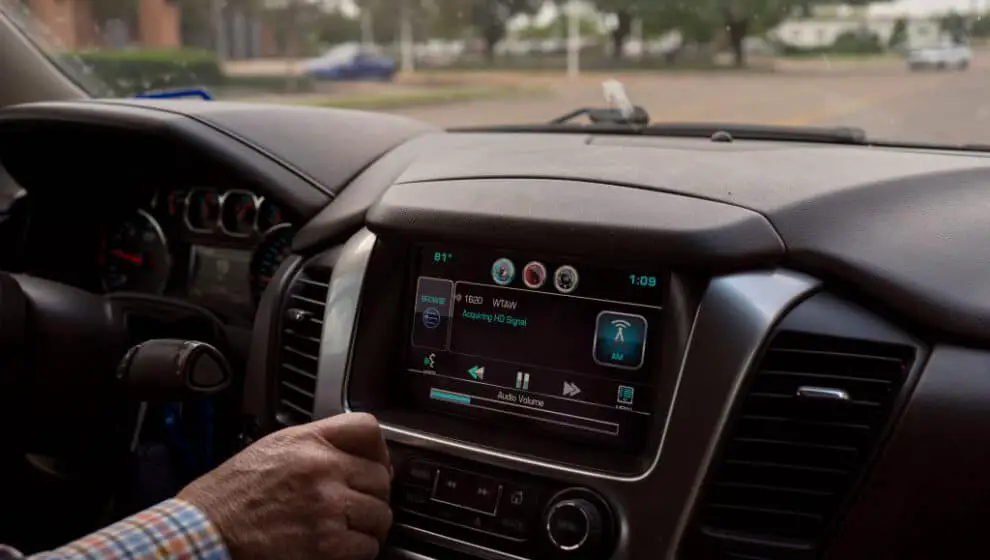For safety, a new bipartisan bill is being pushed to protect AM radios in cars—as automakers argue that the technology is obsolete and incompatible with new cars.
Key Details
- New model cars—particularly electric vehicles (EVs)—have progressively begun phasing out AM radio due to electromagnetic interference that is picked up by the car’s radio.
- The bipartisan AM For Every Vehicle Act, co-sponsored by Senator Ed Markey (D-MA) and Senator Ted Cruz (R-TX), is being pushed to protect AM radios in new car models.
- Both senators argue that AM radio is necessary for the U.S.’s emergency alert systems, such as FEMA’s Integrated Public Alert & Warning System, and that phasing the technology out would harm some people’s access to safety alerts.
- Other sponsors include Senators Tammy Baldwin (D-WI) and Deb Fischer (R-NE) and Representatives Tom Kean, Jr. (R-NJ), Bob Menendez (D-NJ), Bruce Westerman (R-AR), and Marie Gluesenkamp Perez (D-WT).
Why It’s News
Dozens of manufacturers are already scaling up EV production and revealing new models of classic and popular cars. The push has automakers eager to push out AM radio, which they argue causes interference issues with EVs.
Multiple car brands—including Honda, Hyundai, Jaguar, Land Rover, Kia, Lucid, Mitsubishi, Nissan, Stellantis, Subaru, and Toyota—have already stated they have no plans to remove AM radios. However, eight companies—including BMW, Mazda, Polestar, Rivian, Tesla, Volkswagen, and Volvo—have declared the technology obsolete and incompatible with EVs, The Verge reports.
TuneIn CEO Rich Stern tells Axios that the dependency on AM can be addressed through alternative methods of AM content delivery. “I think as an industry, we have trouble decoupling the content of radio and the vital relationship our listeners have with our content from the nuts and bolts of distribution. AM Radio content will live on and thrive long after the last broadcast tower falls or car radio is replaced with a modern infotainment system.”
Backing Up A Bit
While AM radio has generally declined due to the growth of FM radio and digital streaming, AM radio continues to be popular with 50 million regular listeners in the U.S., according to the National Association of Broadcasters. Pew Research says that radio is still widely used by the general public, with more than 80% of Americans using terrestrial radio and half of Americans getting news through it.
The bill’s sponsors argue that the widespread continued usage of AM radio will result in large swaths of the population being cut off from access to emergency services and that automakers should not hide valuable safety features being paywalls. The law will also instruct the Government Accountability Office to study alternative communication systems to AM radio, Axios reports.
“The importance of AM radio during large-scale emergencies cannot be underestimated, and it has, without a doubt and without interruption, saved lives and kept our communities informed. When the cellphone runs out, the internet gets cut off, or the television doesn’t work because of no electricity or power to your house, you can still turn on your AM radio,” says Representative Josh Gottheimer (D-NJ).
